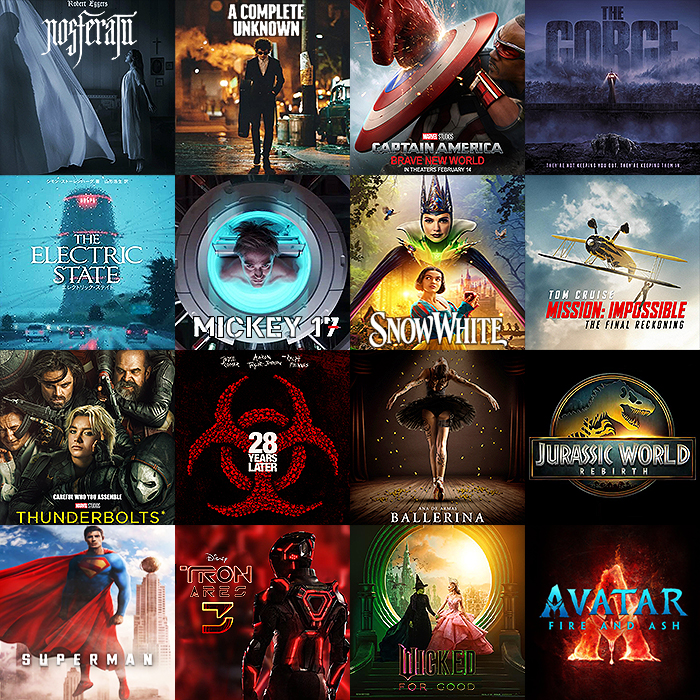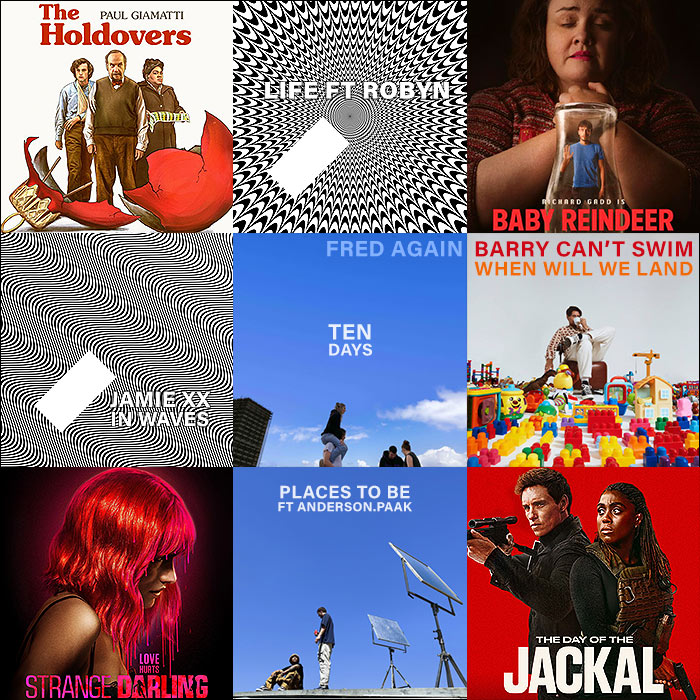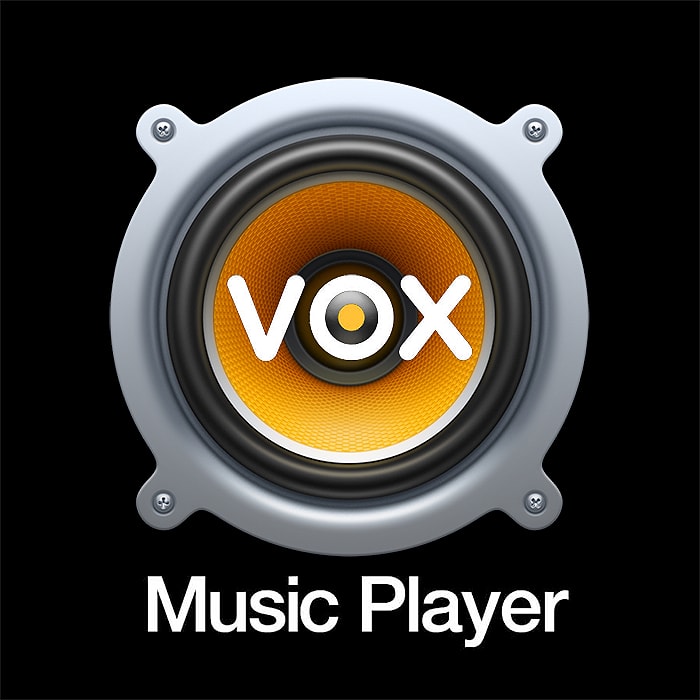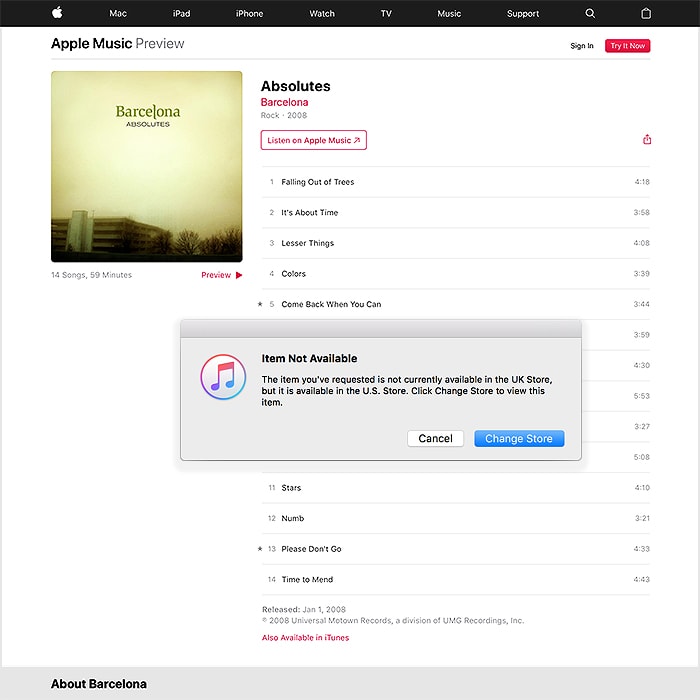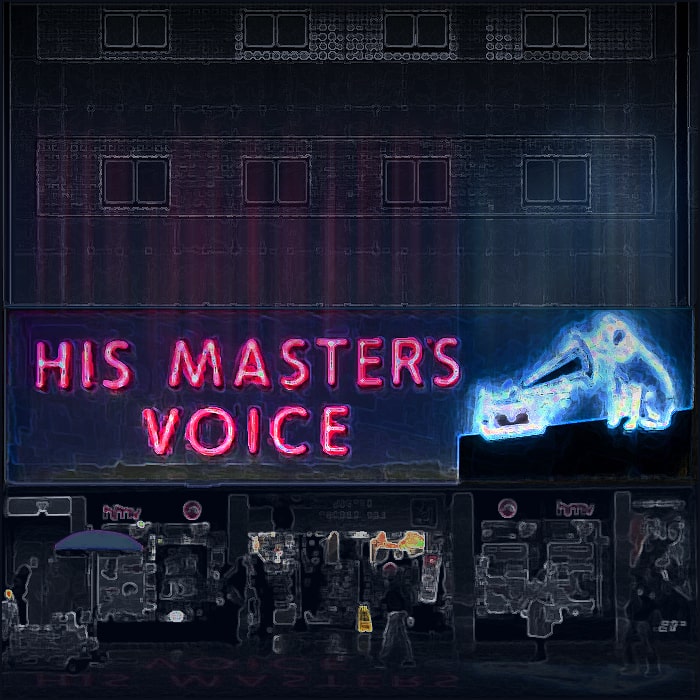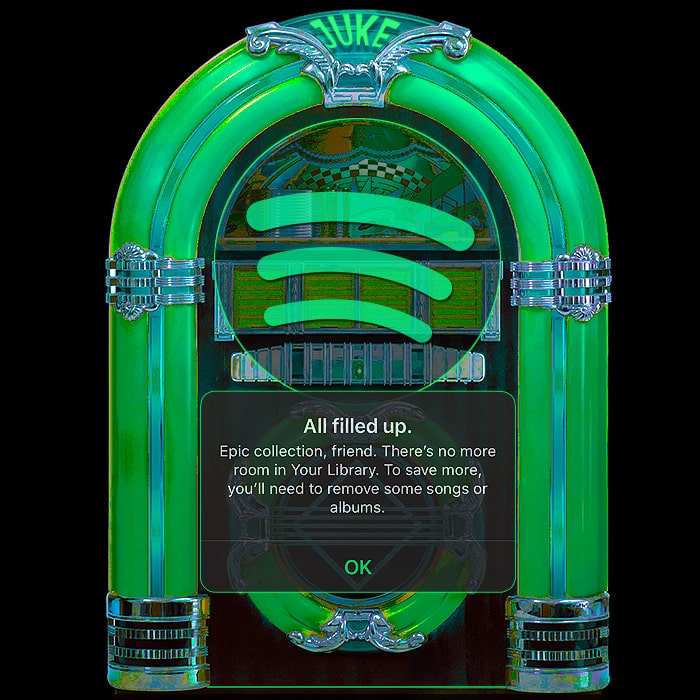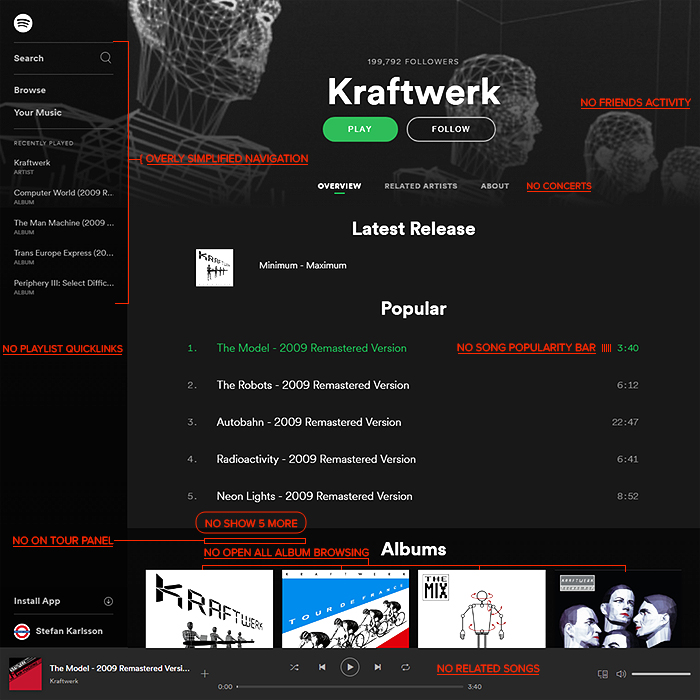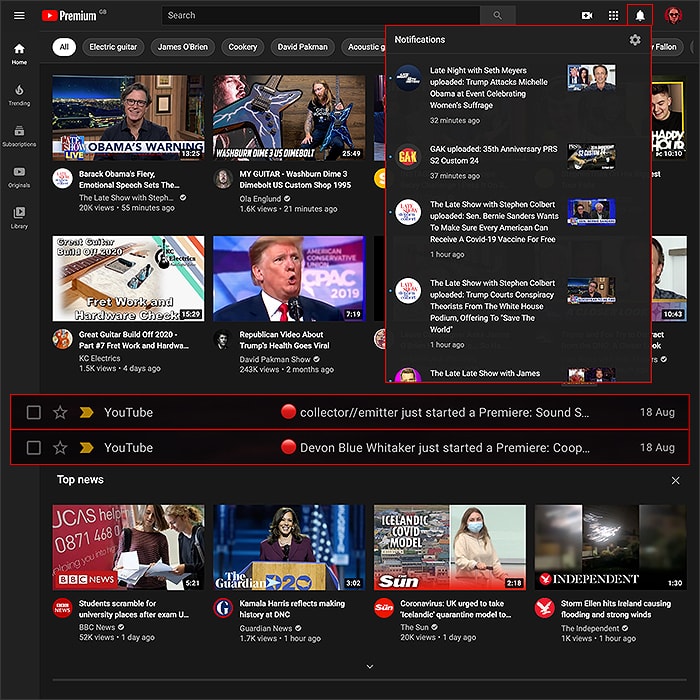99 Lead Balloons - German Music Industry Association GEMA looks to ground German Pop Industry by hamstringing YouTube
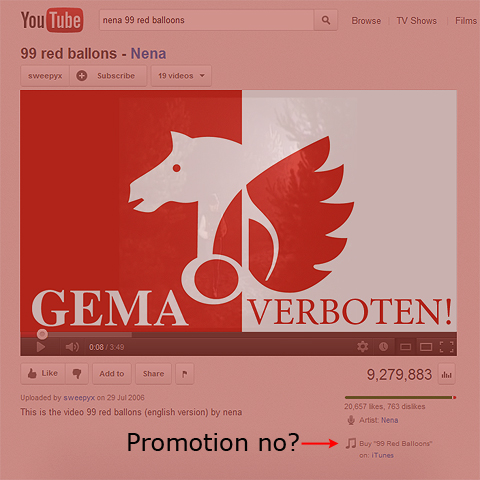
In yet another example of its failure to get a grip on Internet reality, the music industry - Germany’s GEMA Association this time round, has somehow managed to win a court case in Hamburg - where YouTube has been held to be fully accountable for its users’ uploads - at the point of upload.
The only model that can work for Social Media (User-Contributed-Content) - is post first, then screen and remove when copyright or other issue are reported; trying to screen everything at the point of entry just is not feasible or workable in any sense. YouTube is currently one of, if not THE most important Music discovery and promotion vehicles. The number of tracks / artists that YouTube has introduced me to is innumerable - and the amount of revenues I alone have contributed to said artists in singles / albums downloads surely pays for the odd track that is posted without permission from the copyright holder. The copyright holder can of course initiate removal requests for copyrighted material - which until now has been allowed to be actioned within 24 hours. The current system is fair and just, and most importantly is one that should work for all concerned - bar ignorant and greedy music industry types.
These Germans obviously don’t see the benefit of music promotion, which is possibly why so few German acts make it into the global mainstream. As a counter example, Sweden’s relatively tiny pop industry is immensely powerful in comparison to size of population - whilst Germany is the largest music marketplace in Europe, but contributes very few Internationally successful acts.
I have never been one to deny companies or artists a means of revenue - of course artists deserve to get paid for their work - but the process that GEMA is trying to introduce will ruin things for everyone - including their members. There’s lots of very successful record labels running their own YouTube Channels - and making ’reasonable’ revenues from them - a lot of labels are partly responsible for copyright infringed material - by failing to adequately service the latent need for their new music - like in any market, where there is demand, there needs to be supply - and people will generally orientate towards a quality product at the right price point.
The music industry has long felt the need to exert ’Control’ over every tiny part of the process of buying music. They try to stagger album launches between territories, and limit sales from one territory to another - for reasons which totally defy the convention of the modern Internet and modern information flow / global interconnectivity. All the big artists now launch their albums globally simultaneously - to avoid piracy and copyright infringements. The Film industry suffers the same fate when delaying rental releases - as well as staggering releases in different territories - the pirates clean up on the latent demand.
Everything today is International - Art, Fashion, Film, Gadgets, Music - people are networked around the world, and get input from all over the world from friends in different countries and continents. If they discover an artist from another country - then they want to experience and acquire that artist’s output.
I buy music in all formats still - CDs, Downloads and Vinyl. For me recently though, CD purchasing has dropped off, as I now acquire most of my music digitally - usually via iTunes or Amazon, but occasionally via other digital retailers like Beatport, GogoYoko and Juno. Nowadays I listen to music mostly via my desktop or my iPhone. On the desktop my key resources are iTunes, Spotify, Tomahawk and Icelandic digital music site GogoYoko. Tomahawk is a music aggregator (German!) which finds tracks for instance on YouTube! - Tomahawk / YouTube have both been highly instrumental in my finding and validating the musical output of hundreds of new artists - before I buy their albums / tracks from iTunes / Amazon / whoever has it at a reasonable price - occasionally it makes sense to buy a CD as it is priced significantly lower than the download equivalent!
Digital Media / Download sales have seen a huge increase in the last couple of years, and the music industry should be taking advantage of these new mediums - not trying to hamstring them. Statistics already show that there are two kinds of major users for services like Spotify - casual music fans who buy very little music, but are happy to get everything from Spotify for $10 a month - the typical consumer does not spend $120 on music each year, so Spotify is definitely a positive step. There is the other audience on Spotify - which is like me - always searching for new and interesting artists - and before I commit to buying and album, I would like to listen to it first. Back in the old days you had listening posts in record stores - now you have YouTube and Spotify. I am an uber music consumer - and use every single tool on the Internet - Last.fm, Music-Map, Discovr Music - you name it, I use it - and I’m non-plussed about buying in vinyl from all over the world - from USA to Japan and everywhere inbetween.
Any other Music Industry Groups looking to emulate GEMA’s lead - please don’t - your’re doing yourselves a disservice, as well as the music buying public like me! Curtailing YouTube will have a negative impact on the music industry - they need to wake up to the way Social Media and the always-connected-web works - and work with it, rather than try to shut it down! These guys are simply the Spanish Inquisition of our times - trying to enforce outmoded doctrines.

Did you find this content useful?
Thank you for your input
Thank you for your feedback
Upcoming and Former Events
Affino Innovation Briefing 2024
Webinar - Introduction to Affino's Expert AI Solutions - Session #2
Webinar - Introduction to Affino's Expert AI Solutions - Session #1
PPA Independent Publisher Conference and Awards 2023
Meetings:
Google Meet and Zoom
Venue:
Soho House, Soho Works +
Registered Office:
55 Bathurst Mews
London, UK
W2 2SB
© Affino 2024



